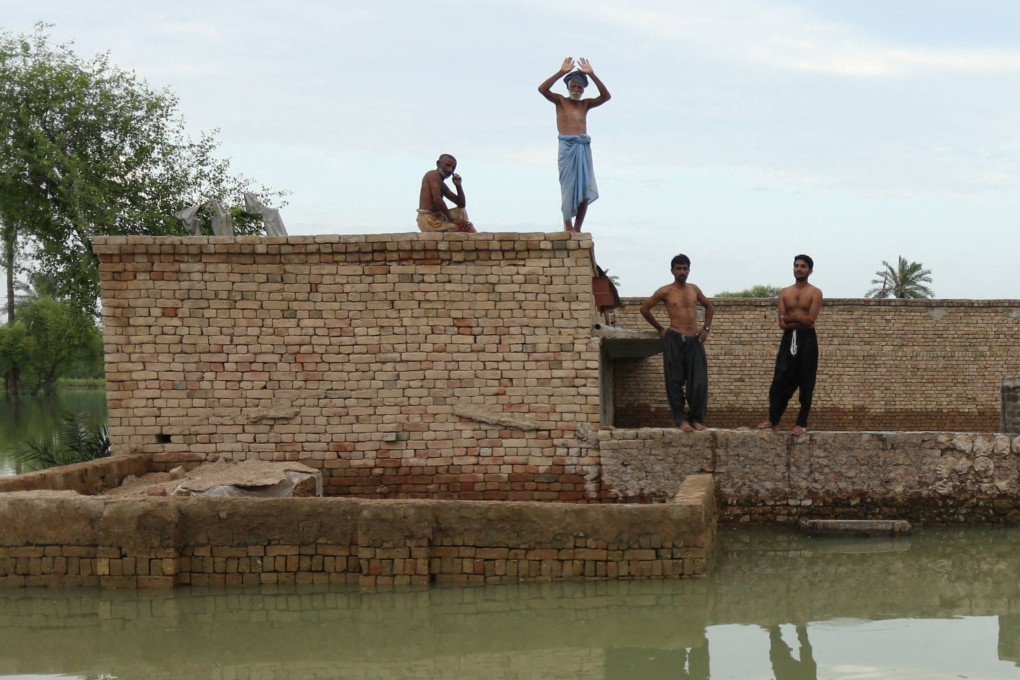Advertisement
Could Pakistan’s lack of preparation for ‘unprecedented’ floods trigger unrest in cash-strapped country?
- One National Assembly member said ‘It will take untold years to repair the damage’ caused by the floods
- Scale of humanitarian disaster is set to grow in the months to come unless Pakistan’s government and international donors respond, politicians warned
Reading Time:3 minutes
Why you can trust SCMP
2

As the latest flood surges which have submerged a third of Pakistan spills towards the Arabian Sea, fear is rising that the emerging humanitarian crisis could destabilise the world’s fifth most populous country.
Politicians, analysts and Pakistan’s creditors are worried the government’s lack of preparation for the climatic catastrophe, which has displaced more than 33 million of the country’s poorest people and destroyed more than a million homes, could spark widespread unrest in the coming months.
“The scale of the disaster is unprecedented,” said Nusrat Javed, a veteran Islamabad-based journalist.
Advertisement
Javed said the Pakistani state is simply “not rich enough to take care” of the millions impacted by the floods “who will feel politically abandoned”.
As the floods recede and Pakistan moves towards rebuilding an area the size of the United Kingdom, the threat of a widespread breakdown of law and order looms large, he said.
Advertisement
Advertisement
Select Voice
Choose your listening speed
Get through articles 2x faster
1.25x
250 WPM
Slow
Average
Fast
1.25x